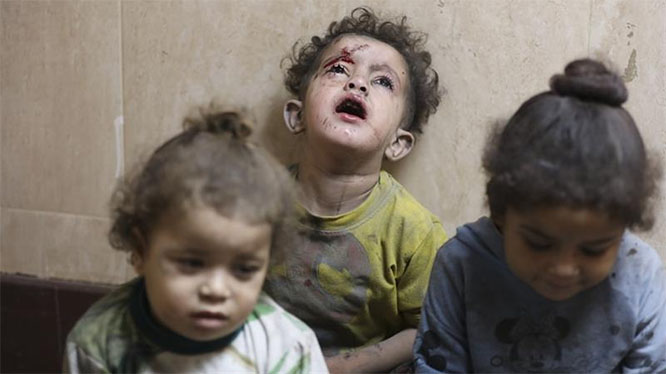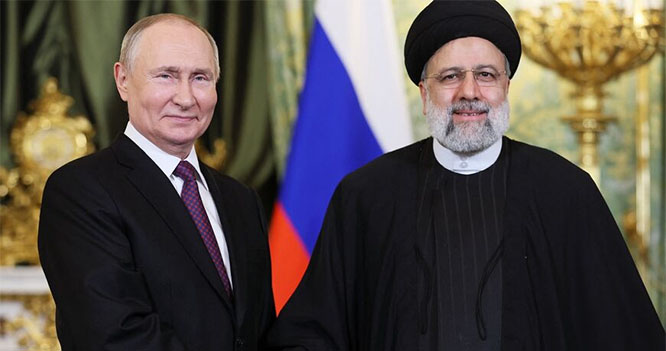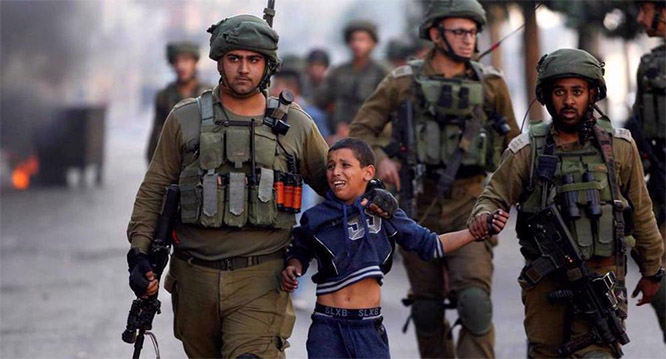London, Jun 17: A list of grievances involving Qatar is being drawn up and will be made public soon, Saudi Foreign Minister Adel Al-Jubeir said Friday.

Al-Jubeir said Qatar should respond to demands to halt its support for “extremism and terrorism” which, he said, were being made by the whole world and not just Gulf states.
Speaking to journalists in London, Al-Jubeir said: “I would not call them demands. I would say it is a list of grievances that need to be addressed and that the Qataris need to fix.
“We are working on those with our Bahraini, Emirati and Egyptian partners in order to compile this list and present it to the Qataris, and I think it will be done fairly soon.”
Meanwhile, the permanent missions of Saudi Arabia, the UAE and Bahrain at the UN in Geneva have issued a statement in response to the UN human rights commissioner’s comment on the measures taken by the three Gulf countries and Egypt against Doha, the Saudi Press Agency (SPA) reported.
“The decision to cut ties with Qatar is a sovereign right of the states concerned and it aims to protect their national security from the dangers of terrorism and extremism,” said the statement.
The statement added that the action was taken after all possible means were exhausted as a result of Qatar’s failure to comply with the Riyadh Agreement for the return of ambassadors, and its continued support, funding, and hosting of terrorist, extremist and sectarian organizations.
These decisions, the statement said, were taken in full conformity with the fundamental principles of international law.
For the sake of “our brotherly Qatari people... it was decided to take several measures aimed at addressing humanitarian and health cases, establish hot lines in each country so that cases can be reported and appropriate action be taken in a manner consistent with international obligations under international human rights law and our long humanitarian traditions,” the statement said.
It also said that the Saudi, Emirati and Bahraini missions “reaffirm their willingness to continue working with the parties concerned in order to achieve the desired results of this break-up, namely to maintain security, to combat terrorism and to safeguard the stability and well-being of the people of the region, including the brotherly Qatari people, in full respect for their human rights and international humanitarian law’s commitments.”
In another development, Turkish Foreign Minister Mevlut Cavusoglu arrived in Saudi Arabia on Friday for talks with King Salman, continuing efforts to resolve the diplomatic crisis.
After meeting his Kuwaiti counterpart on Thursday, Cavusoglu was to travel from Jeddah to the holy city of Makkah where King Salman is based for the last days of Ramadan.
Turkey's chief diplomat was in Doha on Wednesday where he called for dialogue after meeting Qatar's emir and foreign minister ahead of his Saudi stop.
"Although the Kingdom is a party in this crisis, we know that King Salman is a party in resolving it," Cavusoglu said earlier.
"We want to hear the views of Saudi Arabia regarding possible solutions and will share with them our views in a transparent way... We pay great attention to our relations with them," he said.








Comments
Add new comment